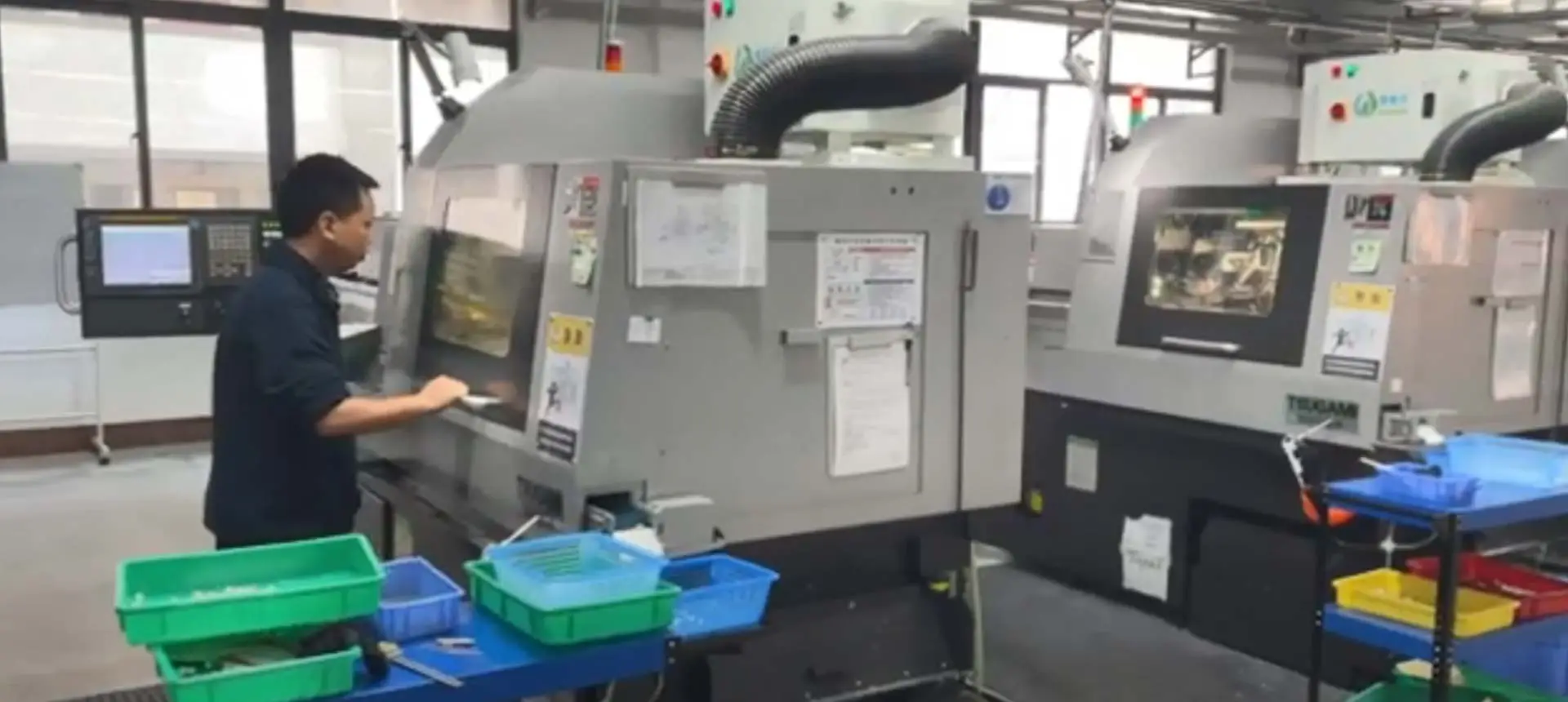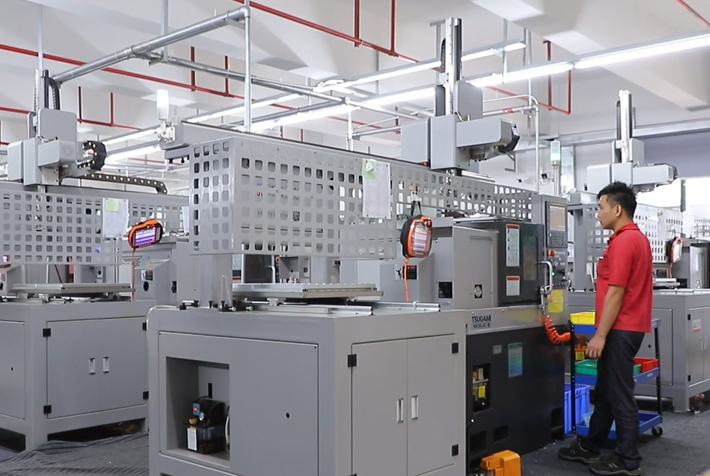
Choose appropriate materials based on the application requirements, such as copper, brass, or aluminum. Use stamping or forming techniques to shape the terminal/connectors from metal sheets or strips. Apply a plating or coating to improve conductivity, prevent corrosion, and enhance the appearance. Conduct rigorous testing to ensure the terminals/connectors meet the required specifications and standards for electrical conductivity, mechanical strength, and durability.
Throughout the manufacturing process, quality control measures are implemented to ensure consistent quality and reliability of the terminals/connectors. This includes inspections, measurements, and functional testing to verify their performance and adherence to industry standards.
Reliable Electrical Connections: Terminals/connectors provide a secure and reliable connection between wires, cables, or components, ensuring consistent and uninterrupted electrical conductivity.
Easy Installation and Maintenance: Terminals/connectors facilitate quick and easy installation and disconnection of electrical connections, reducing time and effort during assembly or maintenance tasks.
Versatility: Terminals/connectors come in various types, sizes, and configurations to accommodate different wire gauges, connection types, and applications, providing flexibility and compatibility.
Durability: High-quality terminals/connectors are designed to withstand harsh environmental conditions, vibrations, and temperature fluctuations, ensuring long-term performance and reliability.
Electrical Safety: Terminals/connectors help ensure proper insulation, grounding, and protection against electrical hazards, enhancing overall electrical safety.
HHC Precision provides high-quality terminals and connectors, using high-quality materials and precision manufacturing processes to ensure excellent conductivity and mechanical strength. The products are reliable, easy to install, diverse, durable and safe, and are widely used in new energy, automobiles, aviation, medical equipment and home appliances. To learn more, please contact us.
In the process of CNC machining aluminum parts, there are some processing details that need attention:

Tool Selection: Choosing the right tools is crucial for ensuring the surface quality and processing efficiency of aluminum parts. Typically, using high-speed tools specifically designed for aluminum machining can improve efficiency and reduce cutting forces.
Optimal Cutting Parameters: Set reasonable cutting speeds, feed rates, and cutting depths to ensure that overheating or excessive cutting depth does not occur during the machining process. Excessive cutting speed may lead to rapid tool wear, while too low a speed may result in inefficient processing.
Use of Coolant: Aluminum tends to generate cutting heat during processing. Using appropriate coolant can lower the temperature, reduce tool wear, and contribute to improved surface quality.
Clamping Method: Choose a suitable clamping method to ensure secure workpiece fixation and prevent vibrations or displacement during machining.
Workpiece Fixation: During CNC machining of aluminum parts, it is essential to ensure that the workpiece fixation method does not adversely affect the machining process, avoiding errors and damage caused by insufficient clamping.
Vibration Avoidance: Vibrations can negatively impact machining precision. Therefore, when designing fixtures and setting machining parameters, efforts should be made to minimize the occurrence of vibrations.
Chip Handling: Aluminum chips are relatively soft and can form small chips during cutting. Timely removal of chips helps prevent adverse effects on the workpiece and tool.
Surface Treatment: China aluminium machining parts typically require surface treatments such as anodization or coating to enhance surface hardness, wear resistance, and aesthetics.
By paying attention to these key points, efficient, precise, and quality-controlled CNC machining of aluminum parts can be ensured.


